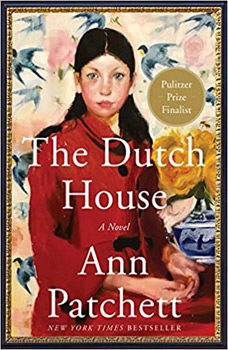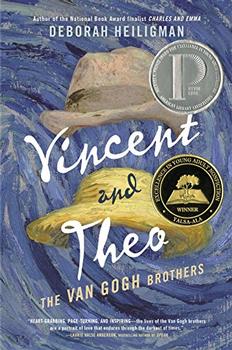Summary | Excerpt | Reviews | Beyond the book | Read-Alikes | Genres & Themes | Author Bio

A Memoir
by Barry MoserBeliefs are a funny thing. Often, they develop in childhood, and often, too, they guide us throughout adulthood. How do we develop these opinions, though? How can they sometimes be so different from those of the people around us? In We Were Brothers, author and illustrator Barry Moser beautifully (and brutally) describes his life as an outsider to the harsh realities of the American South.
Barry Moser's memoir about his Southern white family begins in the early twentieth century in Chattanooga, Tennessee, long before he was born. He tells of his parents' courtship, and about the pressures they faced as a newlywed couple due to financial stress. He includes a few extended family members and even introduces us to his parents' friends. When Verneta arrives, an African American woman and Barry's mother's closest friend, We Were Brothers picks up its steam – and its heart.
Barry's focus, throughout his memoir, is on highlighting his family's and the Deep South's history of racism. The truths he writes about his mother and Verneta's relationship are hard to take: "These were the days of forced segregation when black and white children could not learn together, worship together, or eat or drink together in any public place, but they could run barefoot together in the summertime and play and laugh and become lifelong friends." Barry's mother enjoys Verneta's company, but she isn't brave enough to stand up to the racism in her community and even in her own family. While the realities of Barry's history are stinging, the worst comes later when he introduces his older brother, Tommy, into the story.
Both siblings are from the same place. They grew up in the same house, and they share biological parents. As Barry writes, "Tommy and I were taught that black folks were not – check, make that never – as good as we were." Our storyteller is able to drift away from the teachings of his childhood. Tommy, though, cannot. The stories of their mother's friendship with Verneta aren't enough to change his perspective because the environmental influence is too powerful.
The two brothers embody very different perspectives on just about everything. As a child, Tommy enjoyed hunting and playing football, while Barry preferred drawing and building toy models. These simple differences cause brotherly spats between the two; however, it is their opposing views on racism that lead to a bitter separation.
In the final third of We Were Brothers, Barry shifts from prose to epistolary storytelling, and the change works for the better. The prose is fine, being both effective and engrossing; however, the included letters from the estranged brothers are the kind of raw and emotional writing that changes lives. In one of the most bitter exchanges, Barry writes to Tommy, "It saddens me beyond anything you can imagine that you, my brother, are the purebred and banal embodiment of all the things I hate." Such explicit honesty is not uncommon in We Were Brothers. This is a memoir that brutally fights to display the truths of a torn family and society.
It is meant as a compliment when I say that Barry's writing has a simple quality to it. His approach is conversational, which helps him avoid creating something that reads like a bitter condemnation. The few charcoal illustrations he includes of his family and setting (which he drew) are important additions to the text, as they offer a different way of describing the world in which Barry lived.
We Were Brothers is a thoughtful and heartening examination of how our differences, even more than our similarities, define our lives.
![]() This review
first ran in the November 4, 2015
issue of BookBrowse Recommends.
This review
first ran in the November 4, 2015
issue of BookBrowse Recommends.

If you liked We Were Brothers, try these:

by Ann Patchett
Published 2021
Ann Patchett, the New York Times bestselling author of Commonwealth and State of Wonder, returns with her most powerful novel to date: a richly moving story that explores the indelible bond between two siblings, the house of their childhood, and a past that will not let them go.

by Deborah Heiligman
Published 2019
From the author of National Book Award finalist Charles and Emma comes an incredible story of brotherly love.
Your guide toexceptional books
BookBrowse seeks out and recommends the best in contemporary fiction and nonfiction—books that not only engage and entertain but also deepen our understanding of ourselves and the world around us.